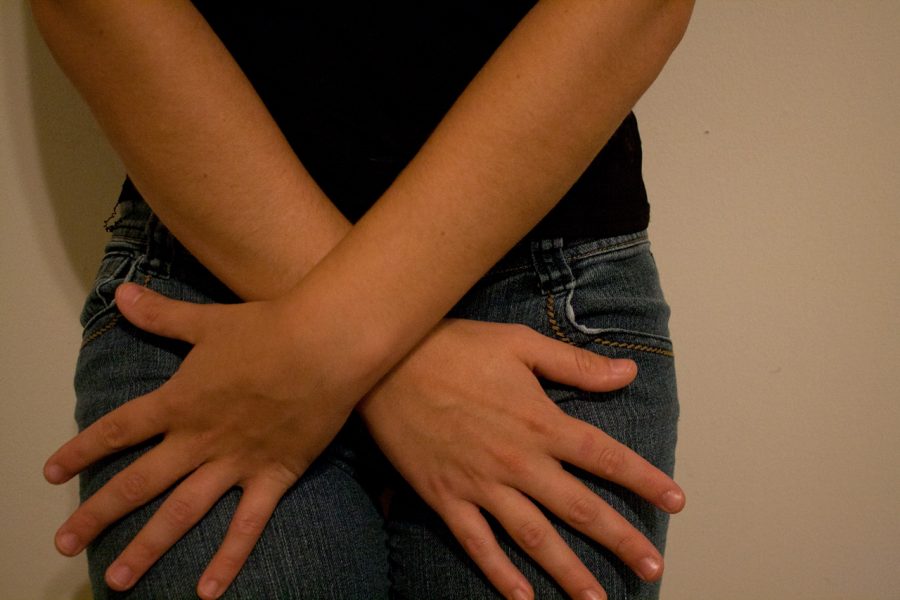Campus, local organizations offer help to rape victims
September 29, 2011
Rape Response in Florence served 188 victims of sexual violence and rape in 2010, translating to around one individual every other day throughout the year, according to officials.
Kathy Connolly, executive director of Rape Response, said 28 percent of those victims were women and men ages 19-24. She said college-aged people are one of the highest risk groups for sexual violence in Alabama and across the nation.
“This is a huge issue nationally, and the Shoals is no different,” she said. “Rape is the most under-reported crime, and even so, the numbers (we do have) are staggering. I think the main producer of sexual violence is vulnerability, and younger people are sometimes more vulnerable.”
Connolly said the biggest misconception about sexual violence is that it is the victim’s fault in some way, whether it stems from alcohol consumption, the way a victim dresses or whether a victim fought back.
UNA police Chief Bob Pastula reports eight forcible and three nonforcible incidents of sexual violence, which include consensual or underage sex, involving UNA students since 2007. He believes the statistics at UNA are low because students are afraid to come forward due to the shame and stigma sometimes attached to rape.
Excess alcohol consumption is a contributing factor in most incidents of sexual violence involving college students, according to Pastula.
“Students put themselves in that position by consuming too much alcohol, partying with people they don’t know, not having any of their friends around and not being aware of their surroundings,” he said.
Emily Horn Kelley, coordinator of the UNA Women’s Center, believes the human body resents intrusion and will fight back emotionally and psychologically when a person has been raped or affected by sexual violence.
She said women and men who have been raped should seek local resources and counseling immediately to handle the difficult emotions that can develop as a result of sexual violence.
“You cannot get through this by yourself,” Kelley said. “This is something that will eat away at you from the inside out and has the potential of literally destroying you as a human being. The embarrassment you may feel now is nothing compared to the depression you will feel later on.”
Connolly advises rape victims to find a safe place, refrain from brushing their teeth or showering, get a medical exam through Rape Response or local health provider and report the rape to university or local police.
UNA Police also offer free rape aggressive defense training to women, as well as educational programming about sexual violence to all students.
Dr. Kim Greenway, director of student conduct, planning and assessment, reports five cases of sexual misconduct involving UNA students through the Office of Student Conduct since 2009.
Greenway said UNA Police are notified when an incident of sexual violence is reported through her office and a full investigation of the misconduct begins. If officials deem the alleged perpetrator is a danger to the campus community, they take immediate steps to remove that person from the university.
“Our concerns are the safety of individuals on campus, the attitude of that student and how willing they are to take responsibility for the act and the likelihood of (the incident) happening again,” she said.
UNA student Kaylie Watts, president of Alternative Break Board, is currently planning Sexual Assault Awareness Week, which will take place Nov. 7-11. With the support of the Office of Student Engagement, Res Life, Residence Hall Association and UNA Police, Watts believes the activities that take place during that week will open students’ eyes to an issue that is often overlooked on campus.
“It’s not to scare people, but to educate the campus community that this actually does happen,” she said. “It’s to say, ‘Hey, this could happen, and this is what you can do to stop it from happening.'”


